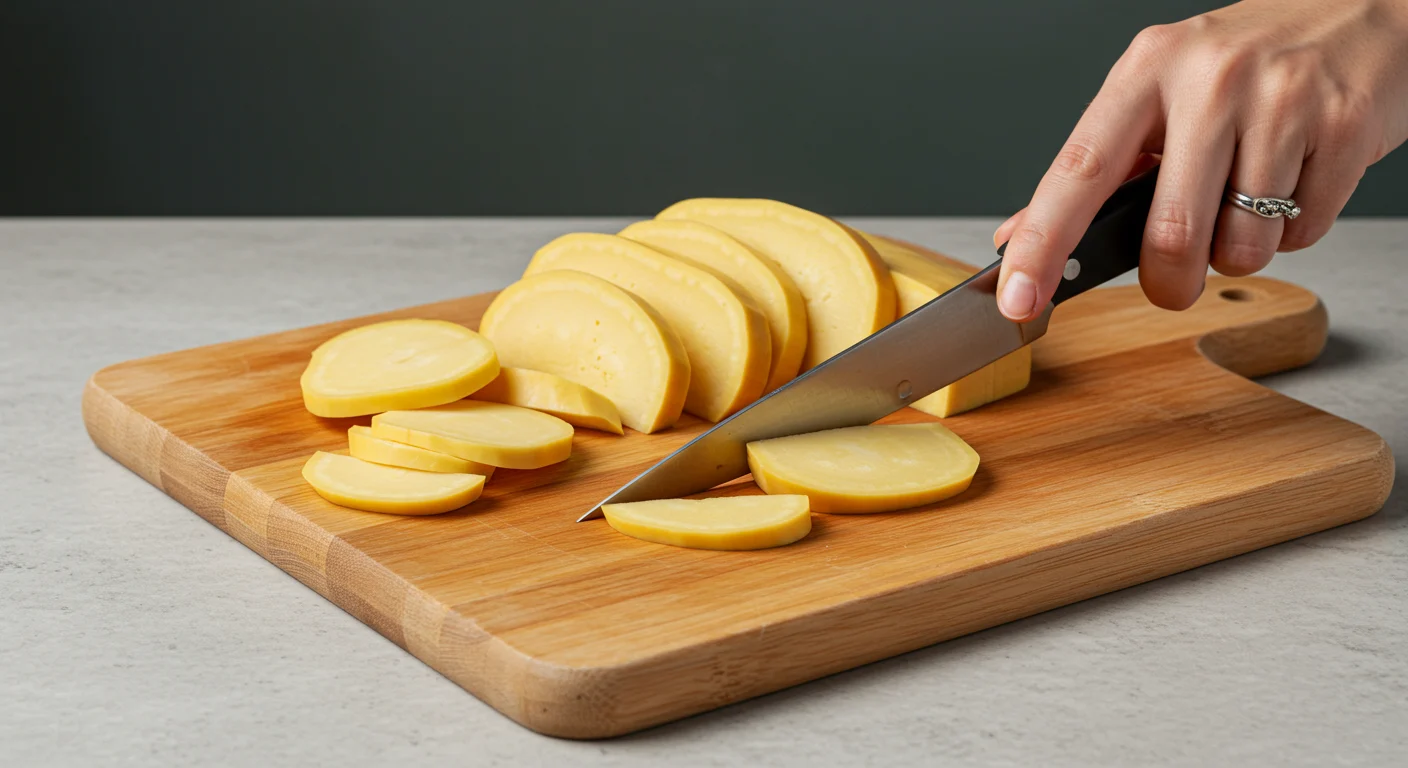
The Sanitary Showdown: Are Bamboo Cutting Boards Safer Than Plastic?
In every home kitchen, the cutting board is an unsung hero, a daily workhorse for meal preparation. Yet, a heated debate simmers just beneath its surface: which material is truly more sanitary? It's a critical question that impacts your family's health. At Consumer's Best, we're diving deep into the science and practicality of this essential kitchen tool to give you a clear, confident answer.
The Case for Bamboo: Nature's Advantage
Bamboo isn't wood; it's a hard grass. This distinction is key to its sanitary properties. Bamboo is denser and less porous than many hardwoods, meaning it's less likely to absorb moisture and harbor bacteria. Studies have shown that its hard surface resists deep knife scarring better than plastic. Fewer grooves mean fewer hiding spots for harmful microbes. Furthermore, bamboo contains natural antimicrobial agents that can help inhibit bacterial growth, offering an extra layer of protection in your kitchen.
The Plastic Position: Convenient but Complex
Plastic cutting boards are popular for a reason. When new, their non-porous surface is easy to clean and can be safely sanitized in a dishwasher. This initial hygiene factor is a major selling point. The problem, however, arises with use. Plastic is a relatively soft material, and every knife cut creates grooves and gashes. These microscopic crevices become ideal breeding grounds for bacteria, and they are notoriously difficult to clean thoroughly, even in a dishwasher. Over time, a heavily scarred plastic board can become less sanitary than a well-maintained bamboo one.
The Verdict: Bamboo vs Plastic Cutting Board
In the direct comparison of bamboo vs plastic cutting board sanitation, the winner depends on age and maintenance. While a new plastic board is highly sanitary, a well-used one poses a significant risk. Bamboo, due to its hardness and natural properties, often maintains a more hygienic surface over the long term. The key takeaway is that proper care is non-negotiable for either material. However, bamboo's superior resistance to deep cuts gives it a slight edge in the ongoing battle against kitchen bacteria.
Making the Right Choice for Your Kitchen
Choosing the right cutting board isn't just about bamboo versus plastic; it's about quality, durability, and how it fits your lifestyle. A high-quality board, whether bamboo or another material, will provide a safer and more durable surface for food prep. The best board is one that resists scoring, is easy to clean, and is properly cared for. To navigate the vast market, understanding the performance of specific models is crucial. Our experts at Consumer's Best have tested and reviewed the top cutting boards to help you find the most durable and hygienic option for your home.






